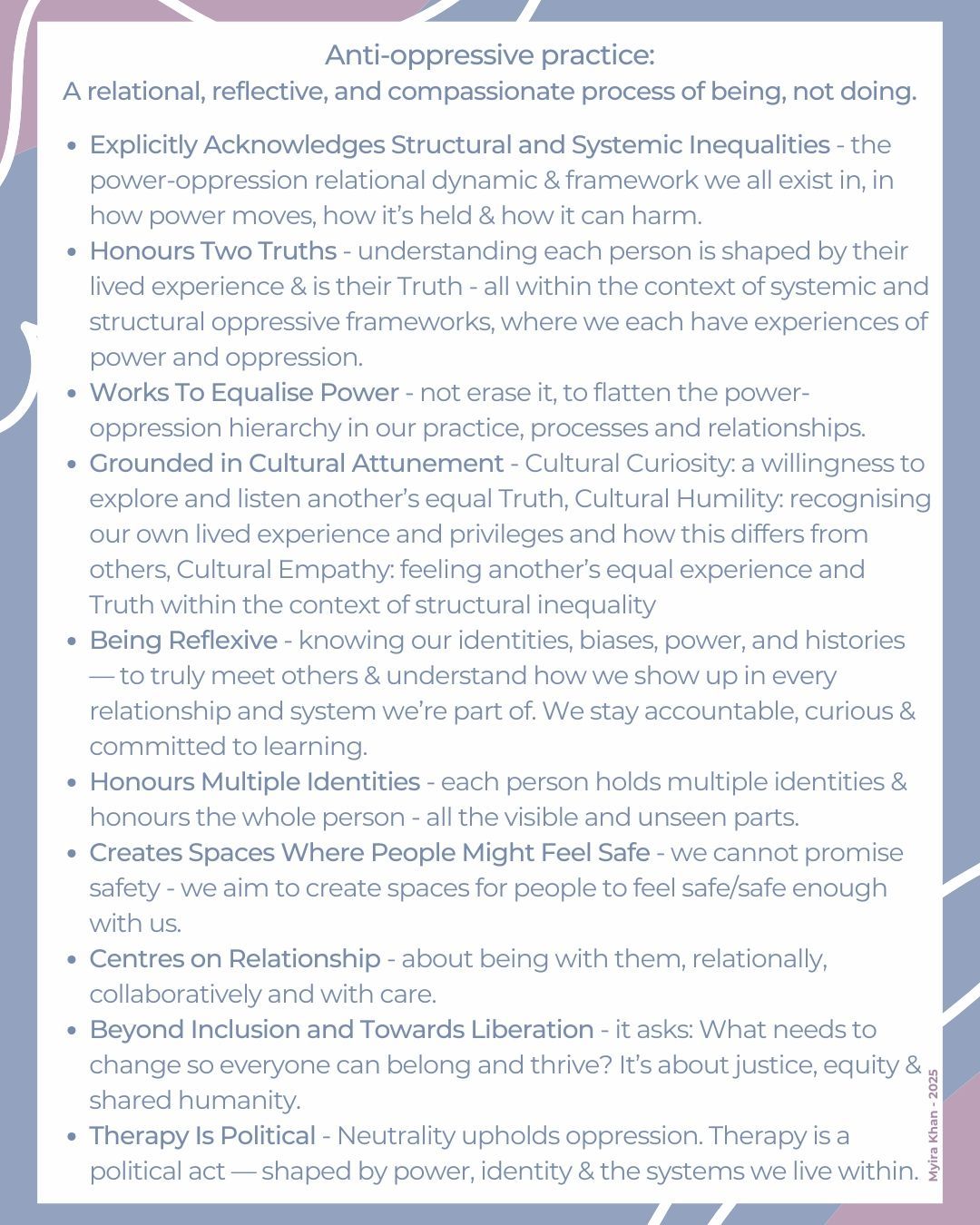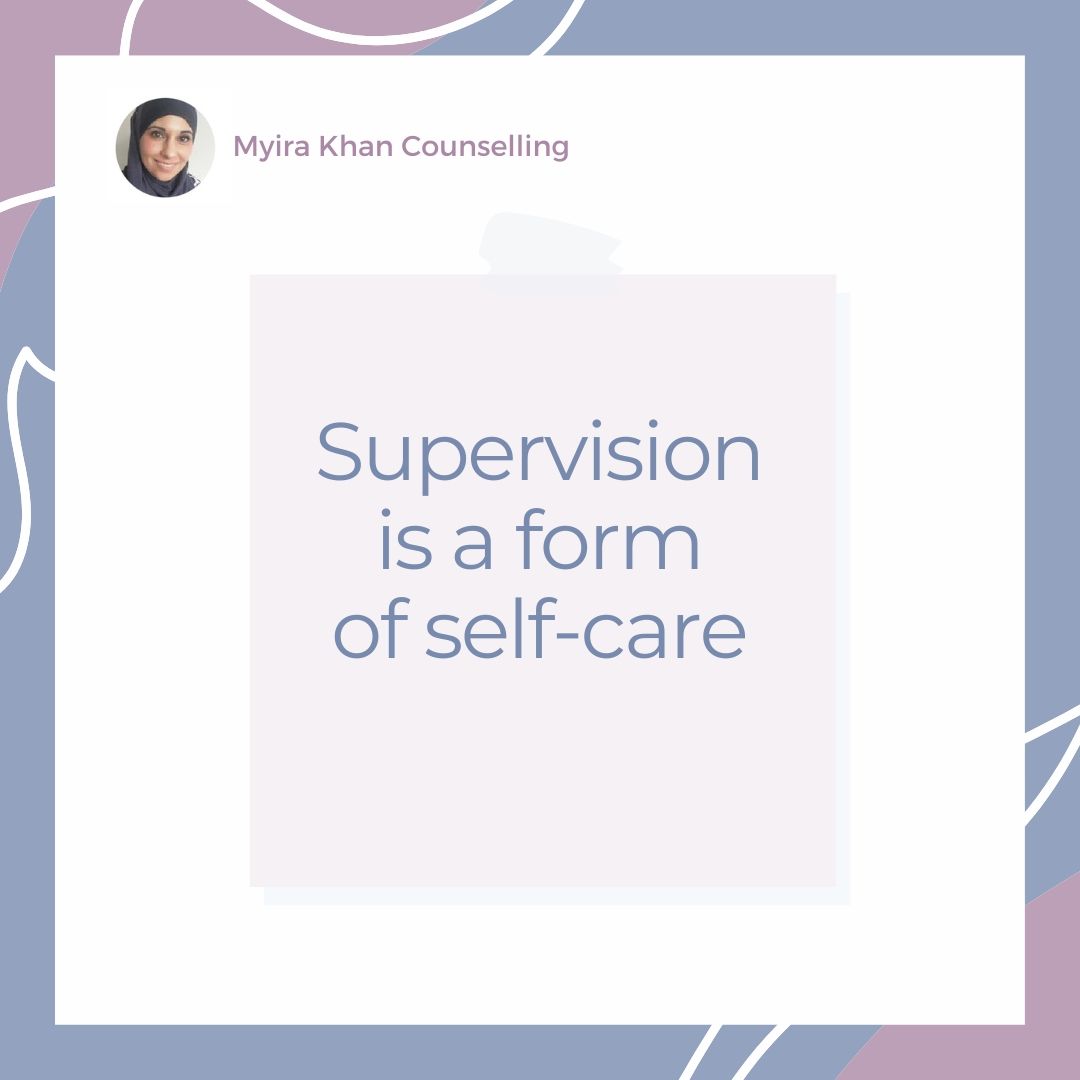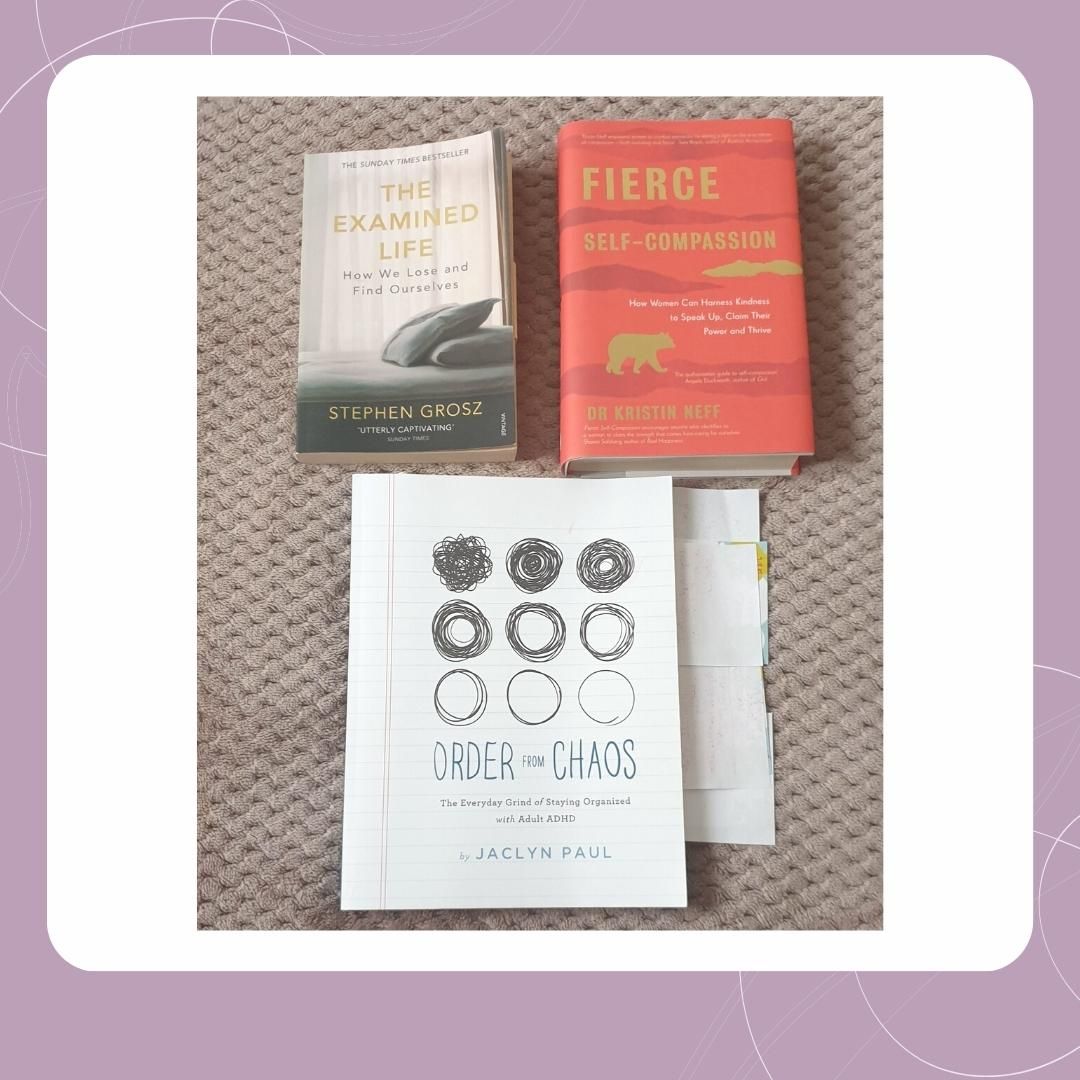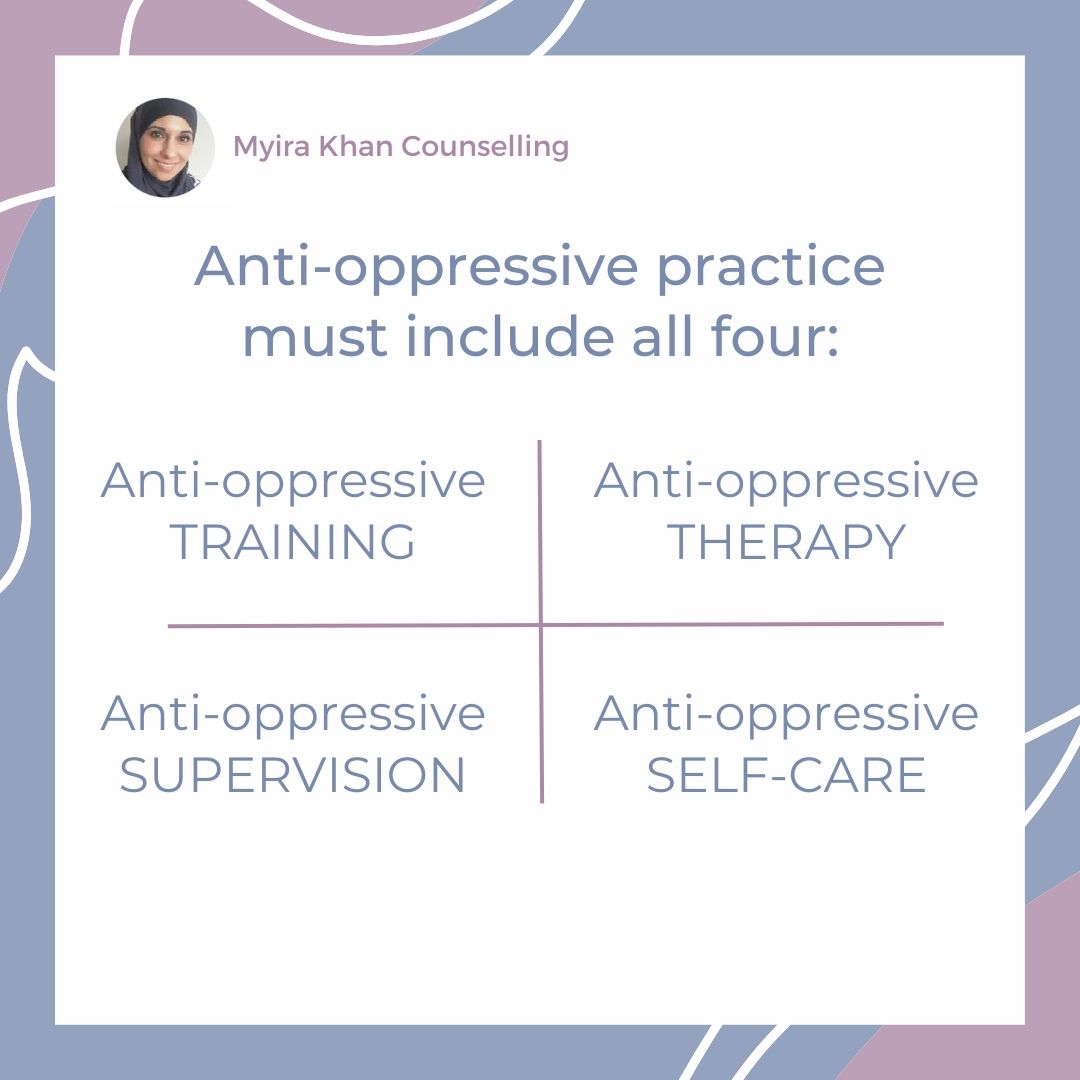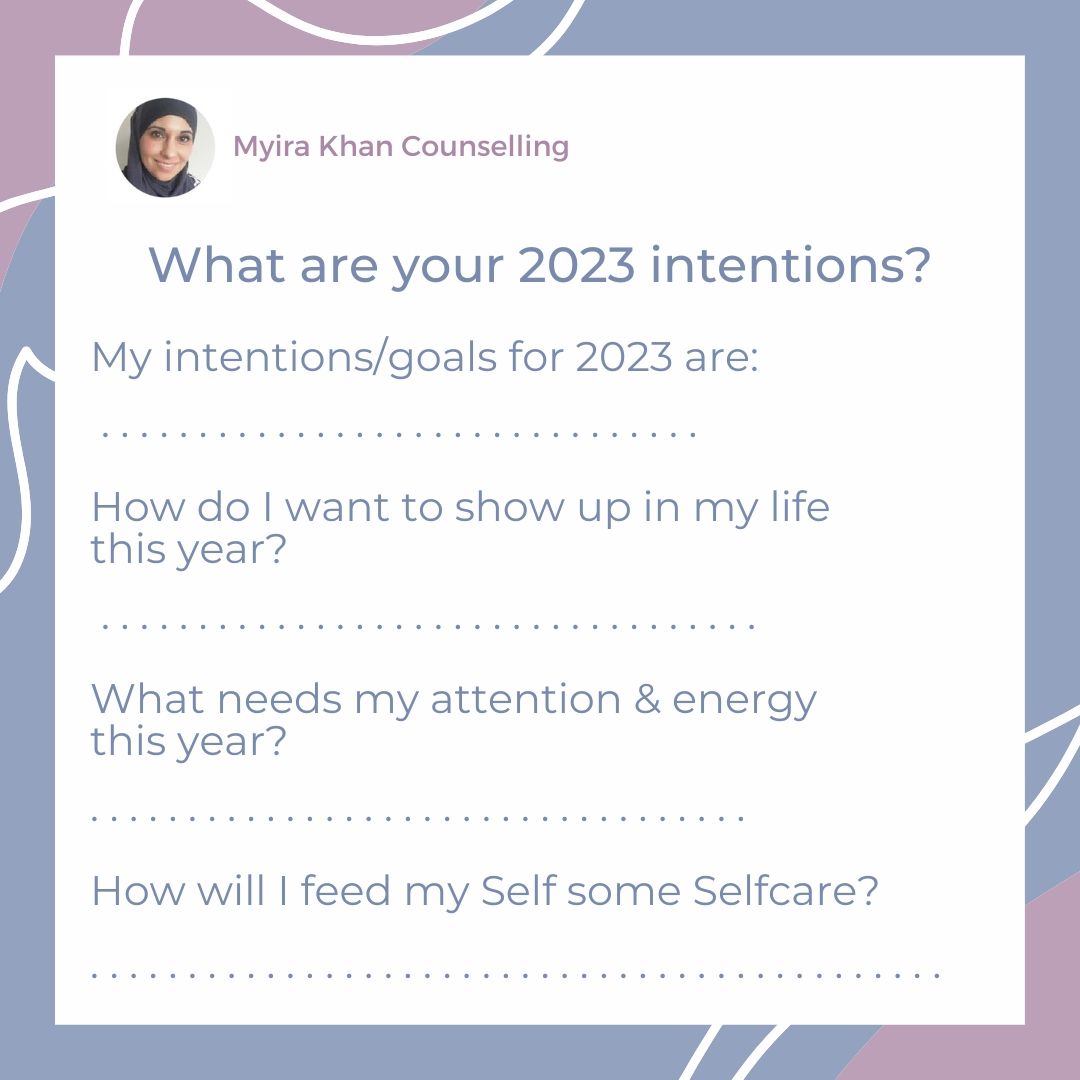Coping with Mother's Day
Tips to help you through a difficult day.
If
the relationship is difficult, tense or conflicted, this can cause further pain
when the reality of the relationship does not live up to the idealised picture
of how a ‘mother’ should be and the role she has.
It can leave us feeling disappointed, hurt and
angry when we feel our needs for unconditional love, support and security are not
being met by the nurturing or caring mother we want or need.
Mother’s Day can also trigger feelings and thoughts of what it is to be a mother. For women without children, wanting children, unable to have children or those who have grieved children, the day can be particularly difficult when all thoughts are focused upon our role as ‘mother’ and it being linked or associated with sad or painful experiences rather than the idealised expectations of ‘motherhood’. It can bring feelings of failure, shame or loss at not being able to be the mother you want or wanted to be.
If Mother’s Day is difficult for you, give yourself support and self-care, to help you through the day.
Here are some tips on how to cope with Mother's Day:
- Honour your feelings: Recognise and acknowledge your genuine feelings. All feelings are real and your experiences are valid and important. Just because feeling sad, hurt or angry is not reflected in the media or ads does not make them any less real or important.
- Express feelings creatively: By keeping a journal, writing a letter to your mother or child, or creating a photo album/ memory box with keepsakes of your loved one supports expression of feeling.
- Plan ahead: Find ways to support yourself by planning what to do on that day, such as an activity which honours your genuine relationship and feelings. This could be visiting a shared memorable location or carrying out a family tradition, if the day is about honouring a deceased loved one.
- Decide what is best for your own self-care: If the day brings up feelings of a difficult or painful relationship, choose and decide what you want to do on the day itself, which is best for your self-care, rather than what is expected of you. Choose if or how you want to spend the time to celebrate the day with your mother.
- Talk about it : If the day is affecting your mood, you don’t have to keep this to yourself. Share how you feel with your partner, family member or friend (someone who you feel safe or comfortable talking to). You may find this supportive and can help to lift your mood.
- Treat Yourself: If you feel that the day will leave you feeling left out of the celebrations, this doesn’t mean you can’t plan fun activities for yourself. Do something indulgent – have a warm and relaxing bath, read a book or watch a favourite movie – something that is comforting and nurturing for your own well-being.
- Avoid social media: It can sometimes feel that other people’s lives are splashed all over Facebook, Twitter, Instagram etc and on Mother’s Day this can be felt more acutely, as we can be overwhelmed with seeing how other people are having the ‘perfect’ day amongst their family and loved ones. This can lead to comparisons between our internal feelings of loneliness, sadness or loss and other people’s external images of their happiness and joy, which may lead to feeling worse about our experiences and relationship. By limiting/avoiding social media sites, this can help to prevent the comparisons between you and others.
- Seek professional help : Most importantly this is a time to take care of your wellbeing and to keep yourself safe. If the day or your relationship with your mother triggers painful feelings, which are overwhelming or difficult to cope with, seeking the help of a counsellor or psychotherapist could be extremely useful to support and help you work through your relationship.
To listen to the show: http://bbc.in/1QRQdTE
Myira was recently on BBC Radio 4’s Woman’s Hour (Wednesday 2nd March 2016) discussing ‘Is it inevitable you’ll turn into your mother?’ You can listen again here: http://bbc.in/1LUDs9x


